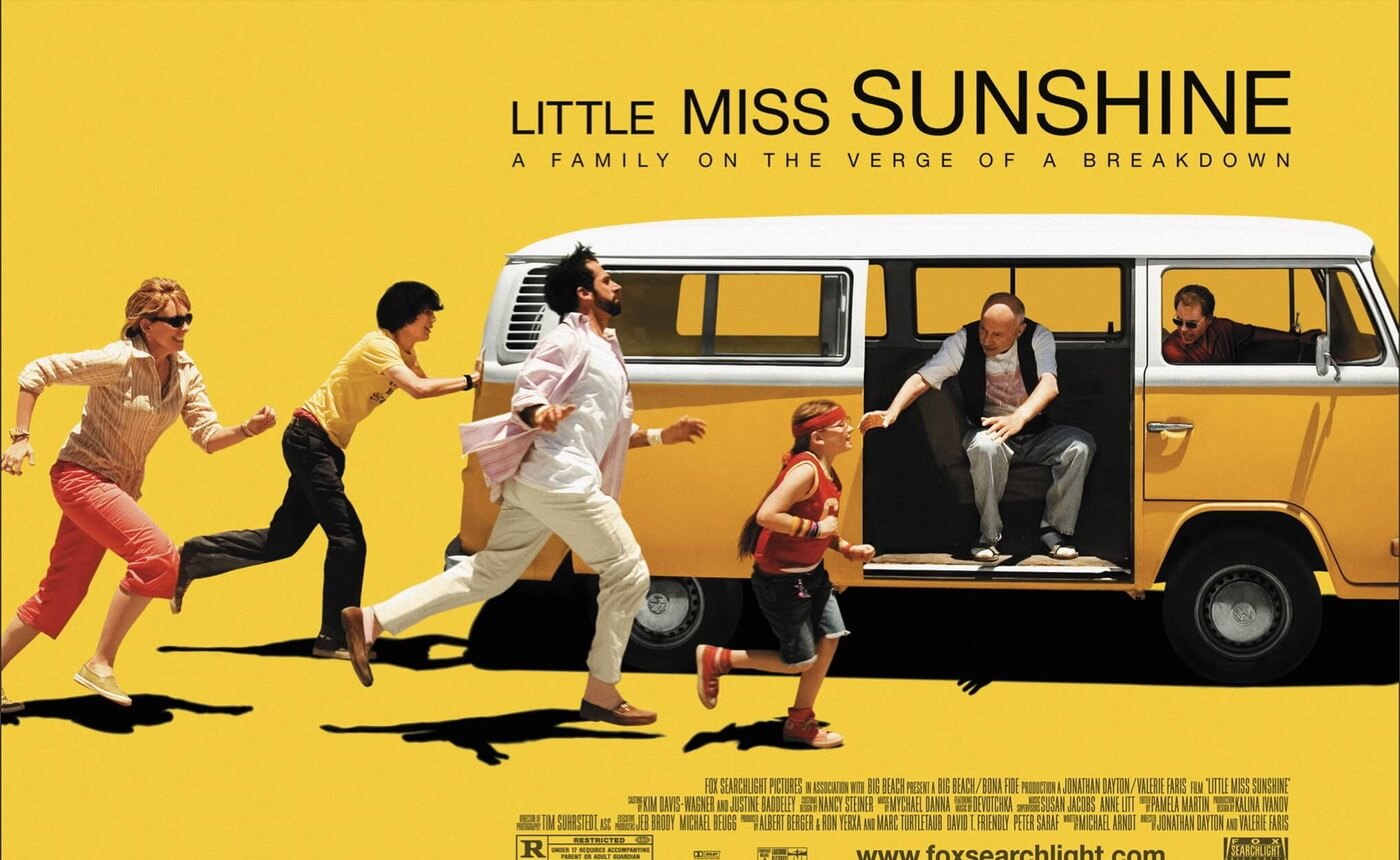Spoilers ahead for the movies mentioned.
Having realistic and relatable depictions of mental health on the big screen is a great first step towards de-stigmatising mental illness.
Historically, people with mental illnesses have often been demonised in the media, so seeing authentic and often likeable characters come to terms with their mental health can be incredibly helpful in reducing the stigma around mental health.
Plus, for those who suffer from the same mental health problems as seen in films, it can be so validating to see other people going through similar struggles, even if they’re fictional.
Unfortunately, some films feed into the over-dramatised version of mental illness – but there are some movies that depict mental illness sympathetically and accurately.
For your next movie night, why not stick one of these on to discover human stories on mental health? You might just learn something in the process.
Inside Out
You can never start mental health awareness too young, and Inside Out is the perfect introduction for younger viewers. The animated film follows cartoon depictions of five major emotions: Joy, Sadness, Disgust, Anger, and Fear. The plot jumps in and out of the main character, Riley’s head as she grapples with growing up, moving away, and loss of certain parts of her childhood.
We get brief insights into different people’s minds, with each person having a different emotion at the fore, highlighting how everyone’s minds work differently. As Riley becomes increasingly distressed, her anthropomorphic emotions slowly learn that they can’t protect her from Sadness completely. Riley needs to accept her more negative feelings in order to experience life fully, a heartwarming message for any child to take away.
Dear Zindagi
Dear Zindagi, or Dear Life, is an Indian-Hindu language, Bollywood film that mostly takes place in a therapist’s office. The protagonist, Kiara, seeks help after not being able to sleep for three days and the rest of the film follows her exploration into how her early relationships affect all of her other relationships moving forward.
It’s a very normalised approach to therapy, where Kiara goes to seek help without already being ‘broken’, as we often see in movies. The myth that therapy is only for people who have reached a certain level of distress is dispelled in Dear Zindagi, creating a much more accessible perception of therapy.
Little Miss Sunshine
Dark humour makes depression relatable and accessible to the average reader in this family road trip movie. Two characters suffer from depression, with one prior attempt at suicide. Along their road trip to bring their daughter to a beauty pageant, the two main characters slowly open up to their family about what they’re going through.
Little Miss Sunshine is an ultimately heartwarming tale of what good can be achieved when we share the load of mental illness. Sharing what you’re going through is the first step to getting the help you need, and this movie shows this process in a sympathetic and relatable way.
Silver Linings Playbook
Although a variety of conditions are displayed throughout Silver Linings Playbook, the main two focused on are bipolar disorder and obsessive-compulsive disorder. The unreliable narrator of Pat grapples with the breakdown of his marriage and through his perspective, we see how reality can be warped by certain mental illnesses.
His family and friends do their best to support him, but they also make mistakes at various points in the film. It’s important to see these stories of mental health where not everything is dealt with perfectly. We are all human and we make mistakes, especially when it comes to supporting our loved ones through difficult times. Seeing characters do their best, mess up, and learn from the experience is a realistic display of coming to terms with mental illness. The path to recovery doesn’t always run smoothly, and that’s completely normal. At the end of the day, we can only ever do our best.




